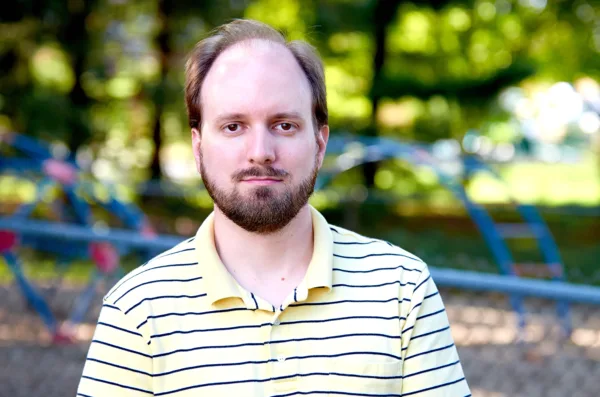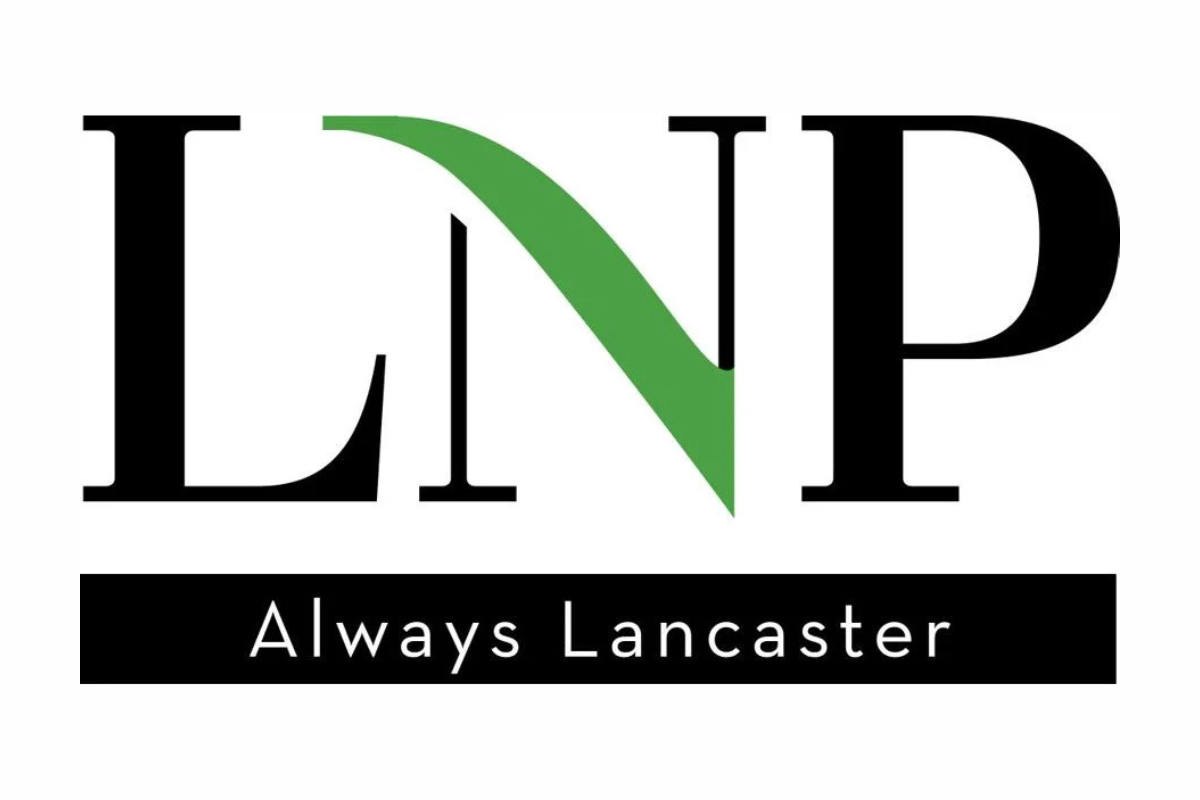Teachers Win Eight-Year Battle With Union, Apply Janus to Pennsylvania
Ladley & Meier v. PSEA
Case Summary
- In 2014, Jane Ladley, a now-retired Chester County teacher, and Chris Meier, a Lancaster County teacher, refused to back down after their teachers’ union tried to control their charitable donations.
- Jane and Chris, the Fairness Center’s first clients, had no idea that their lawsuit wouldn’t end until eight years later.
Teachers object to paying for union politics
Jane and Chris’s story begins years before the U.S. Supreme Court’s Janus decision held that public employees do not have to pay a union as a condition of employment. Though neither Jane nor Chris were union members, they were still required to pay “fair share” fees to teachers’ unions. And they wanted no part of the Pennsylvania State Education Association’s (PSEA) political agenda, which included advocacy for social and political issues that violated their deeply held beliefs.
State law seemed to offer a way out. By objecting to union payments on religious grounds, the teachers could send the money they would have paid to the union to a nonreligious charity. Jane wanted to direct her money to a scholarship fund that encourages students to understand the U.S. Constitution.
Teachers’ union demands control over teachers’ charitable donations
But union officials wanted a bigger say in what charities Jane and Chris could support and expected to steamroll any opposition. PSEA officials said Jane’s chosen charity was too “political.” They called her next choice too “religious.” They rejected Chris’s choice as a “conflict of interest.” Despite the union sending them a list of union-approved charities, Jane and Chris stood firm.
The teachers’ rights to due process and freedom of speech and association were at risk in this impasse, and only the courts could solve it.

(Jane Ladley. Photo credit: The Fairness Center.)
Lawsuit sparks nationwide coverage
In September 2014, the Fairness Center filed a lawsuit on Jane and Chris’s behalf that put “fair share” fees, the religious objector law, and the Fairness Center on the map in Pennsylvania.
The case was reported in Philadelphia, Harrisburg, Pittsburgh, and Lancaster newspapers, on TV and radio, and at national outlets including Fox News and the Washington Times.
Eventually, the lawsuit and media attention put PSEA and other public-sector union officials in Pennsylvania on notice. The illegal treatment of public employees would be scrutinized in court and broadcast across the state and the nation.
More teachers join the fight; union cracks down
Meanwhile, Jane and Chris’s pioneering lawsuit quickly inspired other public employees to seek out the Fairness Center’s free legal help. In 2015, two more Pennsylvania teachers, Linda Misja and James Williams, followed in Jane and Chris’s footsteps. They filed federal lawsuits over how PSEA handled their own religious objections.
Union officials responded by cracking down. They tried to force Jane and Chris into binding arbitration and threatened to send their money to a charity of the union’s choice if the teachers didn’t give in. The Fairness Center countered this renewed attack on Jane and Chris’s rights in court.
Supreme Court decision prompts change
Then, in 2017, the Supreme Court accepted an Illinois public employee’s lawsuit challenging that state’s “fair share” fee law. The employee’s name was Mark Janus. Jane and Chris’s case was stayed pending this lawsuit. Despite the pause, they wanted to use their experiences to help Janus’s cause. The Fairness Center helped the teachers file an amicus, or “friend of the court,” brief arguing for the justices to rule in Janus’s favor.
The Supreme Court’s Janus v. AFSCME, Council 31 decision, issued on June 27, 2018, shifted the landscape of labor law across the country. It declared “fair share” fees an unconstitutional violation of public employees’ First Amendment rights.

(Chris Meier. Photo credit: The Fairness Center.)
Teachers’ union returns religious objectors’ money
Shortly after Janus, the PSEA completely refunded Jane’s and Chris’s money. Jane promptly donated her check to a nonprofit funding constitutional education. However, Jane and Chris knew that Pennsylvania’s law authorizing “fair share” fees was still on the books. And they feared the PSEA would use that law as an opportunity to confuse employees who may not have heard of Janus. The union quickly proved them right.
Dave Perrotti, a Scranton-area teacher, became a Fairness Center client in 2021 after the PSEA tried to collect money from him following his resignation from the union. While representing Dave, the Fairness Center unearthed at least 20 collective bargaining agreements that PSEA-affiliated unions signed after the Janus ruling that, nonetheless, required “fair share” fees.
Lawsuit applies Janus to Pennsylvania
In May 2022, a Lancaster County judge entered judgment in favor of Jane and Chris and against PSEA, saying:
“[The PSEA] is enjoined from any application of Pennsylvania’s Fair Share Fee Law against [Jane and Chris] as said law is unconstitutional under the Supreme Court’s decision in Janus v. AFSCME, Council 31.”
Pennsylvania public employees now have a state-level legal ruling to point to should the PSEA or another public-sector union attempt to charge employees “fair share” fees in future. Jane and Chris’s eight-year legal battle was long and winding but achieved a lasting victory.
“Backing down from a bully is not in my nature, nor would it have set a good example for my students. I wasn’t giving in without a fight.” – Jane Ladley, retired educator
Case Status & Documents
- Amended Complaint
April 25, 2017 - Opinion & Order Dismissing Case
October 29, 2018 - Plaintiff’s Notice of Appeal
November 28, 2018 - Judge’s Consent Order
May 23, 2022
Ladley & Meier v. PSEA is closed.
Media

How my Eight-Year Lawsuit Helped Settle Pa. Public Employee’s Rights
Op-Ed | Lancaster LNP
September 2, 2022: “Backing down from a bully is not in my nature, nor would it have set a good example for my students. […] Teachers, firefighters, police officers, and other Pennsylvania public employees now have a definitive judgment that says Pennsylvania’s ‘fair share’ fee law is illegal if unions ever try to enforce those unconstitutional fees.”

Judge Rules Fair Share Fees Unconstitutional in Pennsylvania Teachers’ Union Lawsuit
News | The Center Square
May 27, 2022: “In a setback for public-sector unions, a consent order could upend Pennsylvania’s fair share fee laws, which require non-union workers to pay a fee similar to union dues.”

Pennsylvania Teachers Go to Court to Fight Union Over Choice of Charities
News | The Daily Signal
January 7, 2020: “Teachers who object to paying union fees on religious grounds are too political, some union leaders in Pennsylvania argue…But at least two of those teachers, who just had their day in court to put state labor laws under scrutiny, see more than a little irony at work in the union complaints.”

Teachers “Vindicated” By Scotus’ Janus Ruling; Pa.’s Largest Teachers’ Union Promises Reform
News Release | The Fairness Center
October 30, 2018: “After nearly four years in the courtroom, the … PSEA … promised to end its decades-long practice of making religious objectors and other union nonmembers pay the union just to keep their jobs.”

